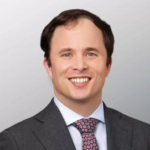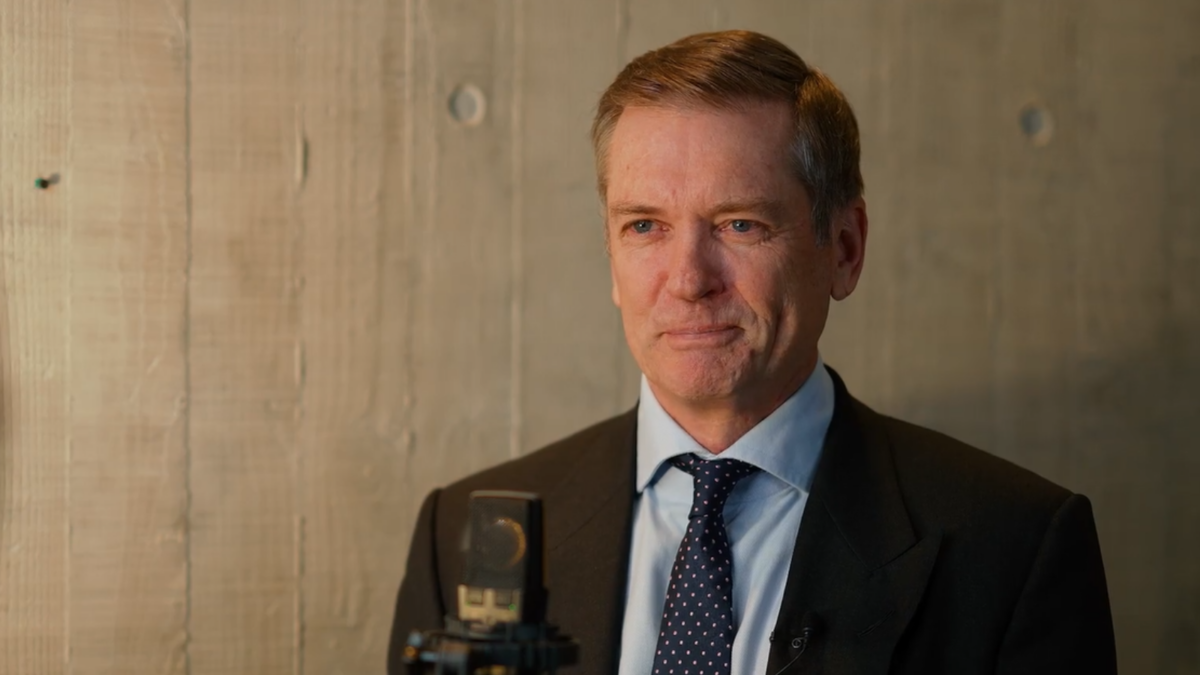Bridging the generational divide key to ‘daunting’ Professional Year
Until recently, the financial advice industry never really had a defined pathway to entry. Most of the mature advisers transitioned from life insurance roles in the 90’s or have accounting backgrounds and Certified Financial Planner status was awarded for simply enduring the many rounds of legislation.
Yet now we have the Professional Year, and by all reports it appears to be attracting some new blood to the industry.
The issue facing both financial advice business owners and PY candidates is how to navigate this year and then… what happens after that?
Given that most advisers looking to bring on new talent are of the Gen X/Baby Boomer generations, and the PY candidates are largely millennials, it’s safe to say that these demographics don’t always get along. Current topics like self-care and work from home didn’t exist for seasoned advisers when they started out, so why should they offer it to new entrants? But if they don’t, the tight labour market and growing need for financial advice will make this decision for them.
The qualifications for the Professional Year are straight forward; new entrants must have an approved degree or the equivalent, and they must pass the financial adviser exam after completing the degree but before the third quarter of their PY.
However, technical ability only makes up for part of what it takes to be a competent adviser. High emotional quotient also counts for a lot, and this can’t necessarily be perfected in one year.
For would-be advisers starting their career, the learning process can be daunting. Focus should be placed on putting an intentional onboarding process in place. Outline what the 12 months may look like, set some realistic and achievable a goals, and make it enticing (just palming off administration tasks won’t benefit senior advisers or their trainees).
Mental health and work-life balance are contentious topics amongst business owners, but they are important for the next generation. Whilst millennials can be known for taking certain liberties, an appropriate balance can be found.
Senior advisers leading the way for PY candidates may want to consider scheduling a range of different client-facing meetings for PY advisers to attend and observe how they are conducted. A lot can be learned by sitting in on initial meetings, advice presentations or insurance claim discussions. If there are multiple advisers in the practice that specialise in specific areas of advice, having exposure to this will also help. Take paralegals, for example; they’re often rotated through multiple departments to see if they’re an appropriate fit for one sector.
So, let’s say your PY candidate now has enough client-facing experience to hit the ground running when they graduate. What’s next? One idea might be to market them towards the kids of existing clients. A bundled family fee option may be enough to get the kids and parents in the office at the same time for a value-add that doesn’t take up senior advisers’ time and gives the young planner some experience.
A Professional Year is a serious investment for any business owner. To avoid your candidate leaving at the end of the 12 months, take it from Richard Branson, “Train people well enough so they can leave. Treat them well enough so they don’t want to”.











